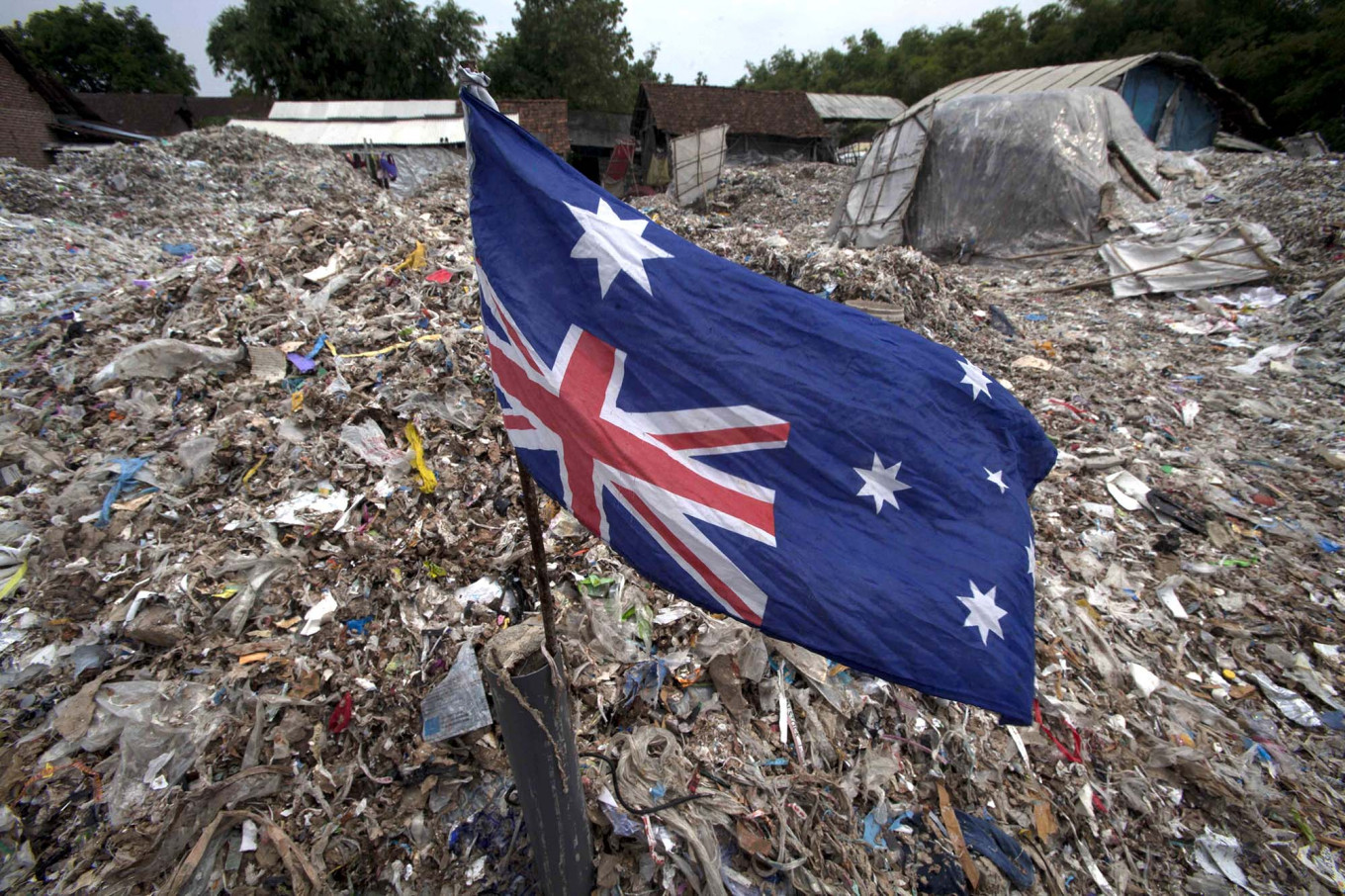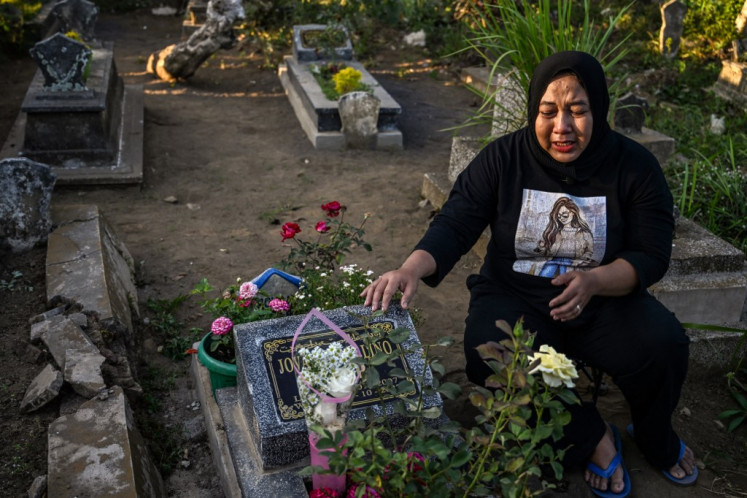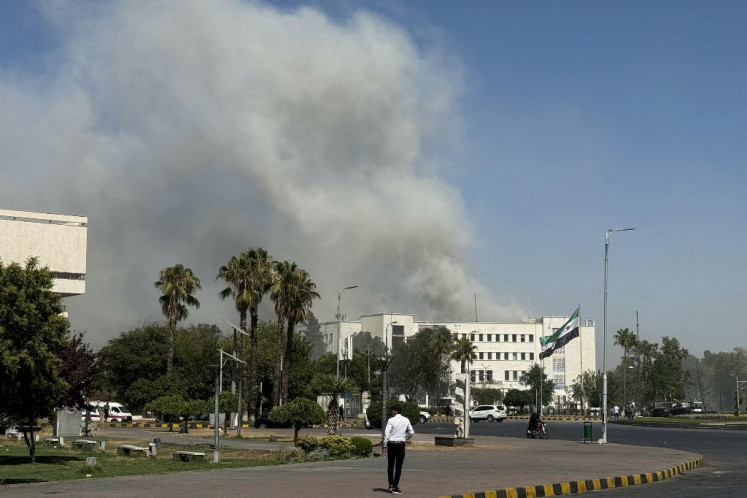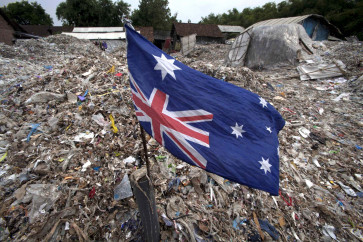Popular Reads
Top Results
Can't find what you're looking for?
View all search resultsPopular Reads
Top Results
Can't find what you're looking for?
View all search resultsUnwanted trash: Developed nations accused of dumping hazardous, unrecyclable plastic waste in Indonesia
Waste imports to Indonesia soared from 10,000 tons per month in late 2017 to 35,000 tons per month in late 2018.
Change text size
Gift Premium Articles
to Anyone
E
nvironmentalists have called on the Trade Ministry to immediately revise its 2016 regulation on waste imports, saying it contains several loopholes that have turned Indonesia into a dump site for developed countries.
The activists argued that even though developed nations, excluding the United States, had recently agreed to restrict global waste trade, Indonesia still needed to tighten its policies to prevent plastic waste smuggling.
A Greenpeace report issued in April shows that there has been an increase in the shipment of plastic waste from developed countries to developing nations, including Indonesia, since China banned waste imports. The Chinese ban on imports of 24 types of waste material went into effect in February 2018.
Waste imports to Indonesia soared from 10,000 tons per month in late 2017 to 35,000 tons per month in late 2018.
According to Greenpeace data, the top plastic waste exporter to Indonesia is the United Kingdom with 67,807 tons between January and November 2018, followed by Germany with 59,668 tons and Australia with 42,130 tons. Germany recorded a steep increase after exporting only 408 tons in the corresponding period in the preceding year.
Environmental group Bali Fokus claimed that the 2016 Trade Ministry regulation on nonhazardous and toxic waste imports made it possible for certain parties to smuggle “unneeded” waste into the country.
The regulation allows the import of, among other materials, plastic, metal and paper to support local industries, but it only requires plastic importers to obtain approval from the Environment and Forestry Ministry.


















